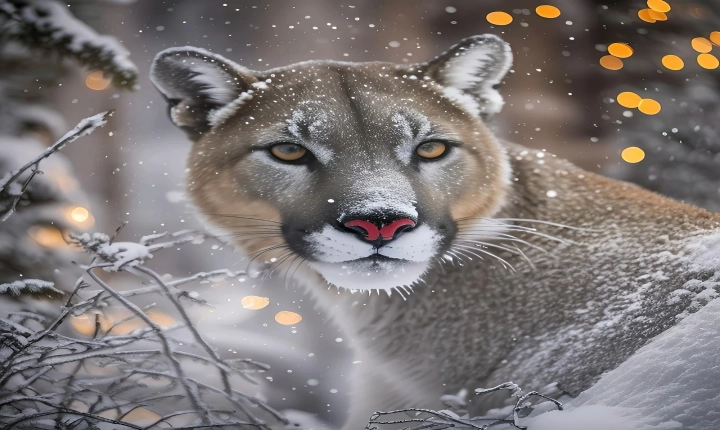Artificial intelligence has made its way into many aspects of our lives, including the creation of music. AI-generated music has been gaining popularity recently, with artists and researchers using advanced algorithms to compose songs that sound remarkably human.
So, how are AI songs made? The process typically involves several steps, each utilizing different AI techniques.
The first step in creating an AI song is to gather a large dataset of existing music. This could include songs from various genres, styles, and artists. The more diverse the dataset, the more versatile the AI model will be in generating original compositions.
Once the dataset is assembled, the next step is to train a machine learning model on this data. This process involves using algorithms to analyze patterns and structures within the music, such as chord progressions, melodies, and rhythms. The model learns to recognize and replicate these patterns, enabling it to produce new pieces of music that are consistent with the data it was trained on.
One popular approach for generating AI music is using recurrent neural networks (RNNs) or generative adversarial networks (GANs). RNNs are designed to handle sequences of data, making them suitable for capturing the temporal dynamics of music. GANs, on the other hand, pit two neural networks against each other, with one network generating music and the other critiquing its quality, resulting in iterative improvements.
After the model is trained, it can start generating new music. This might involve providing the AI with a set of initial parameters, such as the style, tempo, or mood of the desired composition. The AI then uses its learned knowledge to create original pieces that match the given criteria.
While AI-generated music has come a long way, it still faces challenges. Critics argue that AI compositions lack the emotional depth and creativity that human musicians bring to their work. However, proponents of AI music point out that it can be a valuable tool for assisting human composers in the creative process, offering new ideas and inspiration.
Furthermore, AI music has the potential to revolutionize the way we interact with and consume music. With the ability to generate personalized soundtracks tailored to individual preferences, AI could enhance the music listening experience for millions of people.
In conclusion, AI-generated music is a fascinating intersection of technology and art. By harnessing the power of machine learning and neural networks, researchers and artists are pushing the boundaries of what is possible in music composition. While AI music may never replace the ingenuity of human musicians, it offers a new frontier in creative expression and musical exploration.
